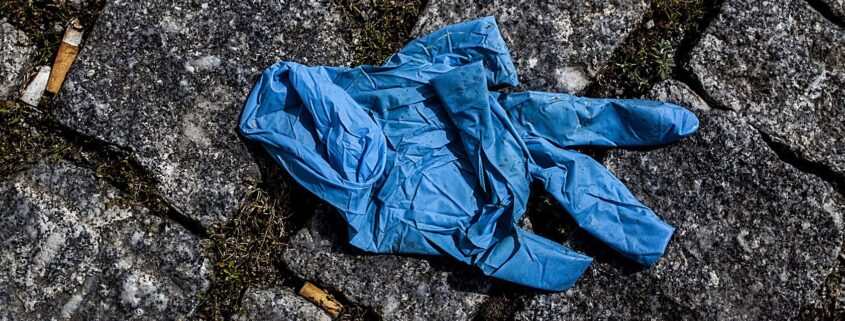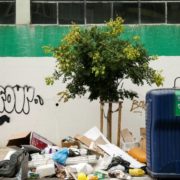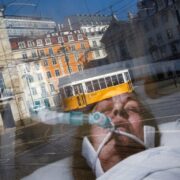Environment
Climate change in Portugal varies from wildfires to storms

Although the world’s C02 emissions are expected to fall by 8% this year – as the coronavirus pandemic shuts down much of the global economy.- the reduced emissions are very unlikely to have a serious impact on the global levels of carbon dioxide.
The target laid out in the Paris agreement would require at least similar reductions every year in the decades to come.

Climate change in Portugal varies from wildfires to storms. On September 13 the country suffered the largest forest fire of the year whilst only one week later sub-cyclone Alpha ravaged the central districts of Leiria and Coimbra.
Global warming is going to bring more tropical cyclones moving north and eastward from the Atlantic ocean.

Three years ago strong winds and heat from passing hurricane Ophelia fanned more than 150 wildfires, claiming the lives of at least 45 citizens. And last year the Azores were hit by Lorenzo, the strongest hurricane ever recorded in the Central North Atlantic, with winds blowing at 260 km/hour.

Although the pandemic decreases air pollution and waste production – the last mainly as a result of the collapsing tourism industry –these changes are most likely temporarily, as the rapid rebound in air pollution and coal consumption to pre-Covid levels across China shows.

Moreover, the increase of plastic disposables during the pandemic– like masks, gloves, gowns, face shields and take-away packages – poses a serious threat to the environment, in particular to the oceans. Every year 230,000 tons of plastic are dumped into the Mediterranean. Various environmental NGO’s, therefore, argue not to use disposable but reusable masks by those who don’t belong to a risk group.

Besides the damage done by the pandemic to the environment, long-term exposure to atmospheric pollution –already linked to heart/lung damage and premature death – may have increased Portugal’s risk of death from Covid by 11%, putting new emphasis on why the disease appears to be most prevalent in metropolitan areas.
Keep distance Stay healthy (pic público/sapo)









